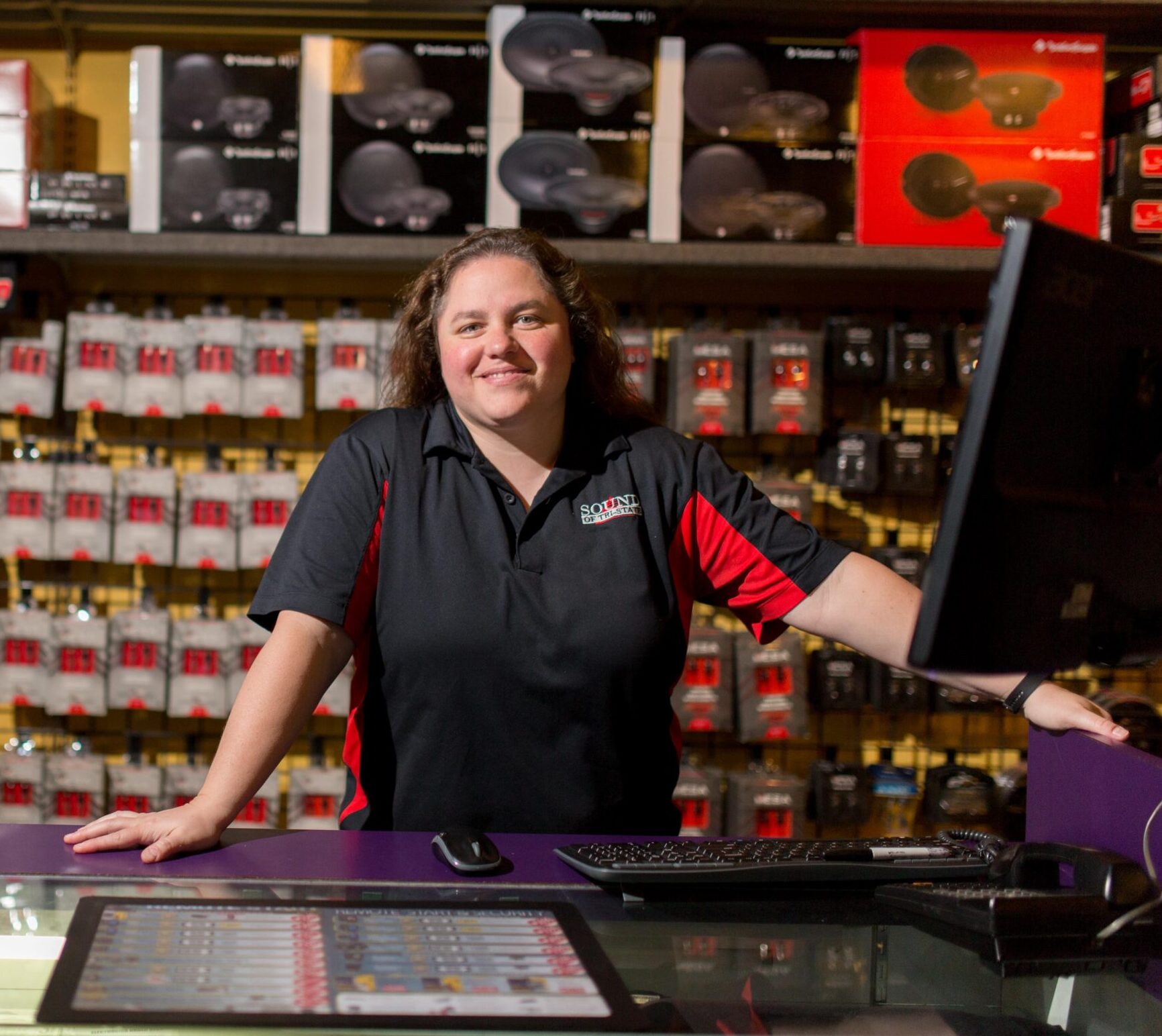Today we’re continuing to talk about living in Germany.
Dmytro Skaliun is sharing his experience of living in this country with so unusual lifestyle moments at times.
Dmytro Skaliun (SFCC Middle Developer), Neumünster
“My wife and I managed to live in Germany for a while, the country is not new to us. Even before the war, we considered the possibility of relocation here (only to the south, closer to the Alps). But we went north to a friend with whom we could live for a while.Difficulties with the rent arose and continue to arise almost every week. We tried to look for it ourselves, even went to appointments (apartment inspection) – but we were always refused. You cannot rent a house here without a contract or by acquaintance. We were helped by the music teacher of the German children with whom we lived. Another “client” of hers rented us an apartment for a year.

For a morally unprepared person (for the first time in Germany/Europe), there are “solid curiosities” here:
- You can’t walk on red paint on the asphalt – you’ll get hit.
- Bottles should not be thrown away, because it is a fund, you can get back from 8 to 25 cents if you hand it in.
- State institutions accept 2.5 days a week, most often from 8 a.m. to 12:00 p.m.
- One kilowatt of electricity costs approximately 50 euro cents.
- Two tickets for adults to the zoo cost 52 euros in Hamburg.
- Сurrency exchange – there are none at all; only at the airport and at major railway stations.
We communicate in German. “Rusaks” (from the CIS) – also understand Russian; only our refugees speak Ukrainian. Those who have been here for a long time – either in German or in Russian. And so everywhere is German.But in big cities like Berlin, on the contrary, they try to speak English with you first. The smaller the settlement, the lower the level of English proficiency (although, to be honest, it was rarely necessary to check).We mostly went to zoos.
Lübeck is a very beautiful old town (all in UNESCO).
Hamburg and
Kiel are more industrial modern cities; just walked along the embankment in good weather. They even went to the tank museum in
Munster, saw Panzerhaubitze 2000, and leopards, and cheetahs, and other comrades there.Germany’s
advantages include infrastructure, roads, kindergartens, schools, playgrounds, bike paths. Cleanliness – almost no dust and dirt; you can rarely wash the car. Quality free programs for children (sports/art clubs, skilled hands, etc.).Among the
disadvantages – Germany is very slowly rebuilding itself for a rapidly changing world. Bureaucracy, all correspondence/communication only through mail (envelopes) – it kills. A slightly non-standard situation that is not in the protocol – no one will take responsibility to solve your problem.In the north, the climate is also bad. A lot of rain and strong wind. It’s cold even when it’s +25 outside.I would not recommend Germany for relocation, in any case. This country is suitable for developers, except for those with 5+ years of experience, but hardly for Salesforce in general. Maybe for .NET, C++ or C#. A complex system of taxes for the self-employed, a very large percentage (40%+) must be paid to the state (you pay for health insurance yourself).Moreover, I would not advise as a country to “oversit”. Germany is a country where you have to do everything “in the long run”.
#Speroteck Dream Team











